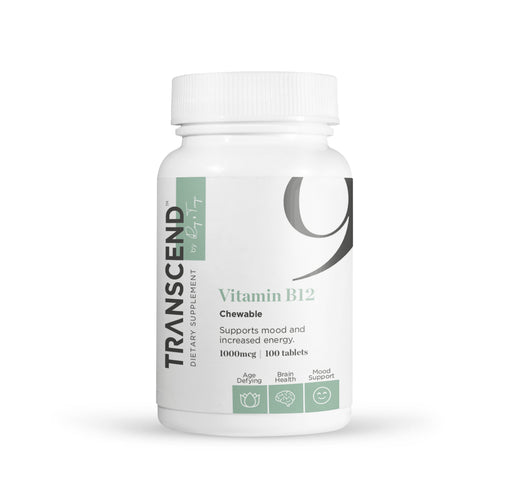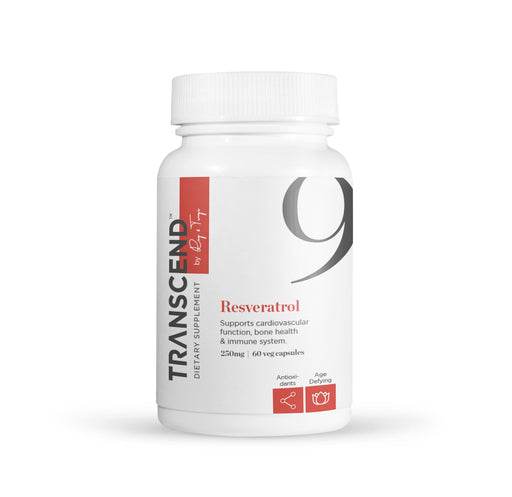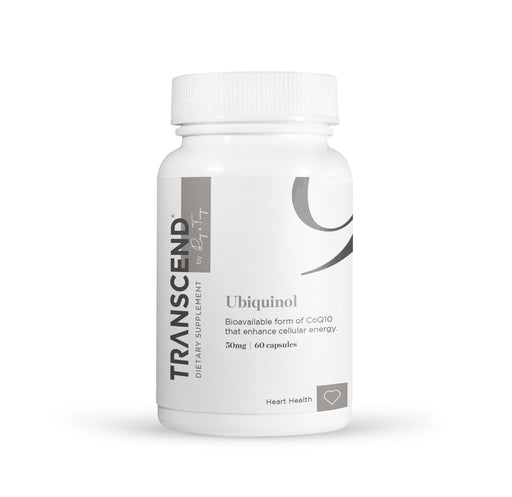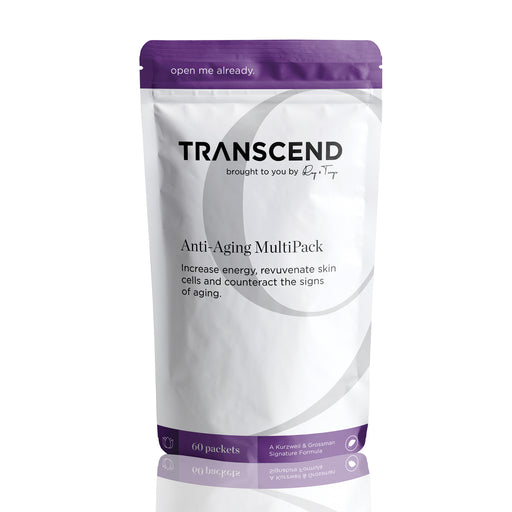
Vitamin B-12, Sublingual
Increased energy Improve mood Fight fatigue Common deficiency Better absorption Vitamin B12 (also called cobalamin) is one of eight water-solu...
View full details
You've probably heard that good health starts in your gut. No, we're not talking about your instincts or feelings—we mean your digestive tract.
Your intestines are home to more than 38 trillion bacteria, known as your gut microbiome. While some of these bacteria are associated with diseases, others are critical for the health of your immune system, heart, weight, and more. Surprisingly, every microbiome is unique: it starts with your DNA and develops alongside you. Your microbiome can be significantly influenced by diet and other environmental factors and comprises 300 to 500 different bacteria species.
Your gut microbiome is sometimes known as a "supporting organ" within your body since it has so many useful functions. The bacteria in our microbiomes helps our bodies digest our food, regulate our immune system, protect against disease-causing bacteria, and produce essential vitamins. Some studies claim that having a wide variety of healthy bacteria in your gut can even help improve symptoms of depression and combat obesity.
You often won't notice if your gut is healthy—what you think of as "normal" digestive functioning means those bacteria are doing their job! Healthy guts mean bowel movements one or two times a day. They should be trouble-free and unaccompanied by any pain or discomfort.
If your gut's unhappy, though, there are a few signs to watch out for.
Stomach troubles
If you frequently experience gas, bloating, diarrhea, or constipation, you may have irritable bowel syndrome (IBS). IBS can develop when there are imbalances in the gut bacteria.
Fatigue or sleep problems
An unhealthy gut can harm your circadian rhythm, disrupting your sleep and leaving you tired throughout the day. Research has shown that people with chronic fatigue syndrome have unusual levels of certain types of gut bacteria.
Sugar cravings
When you eat too much sugar, it can encourage the growth of "bad" bacteria in your gut while decreasing the "good" bacteria. This imbalance can cause sugar cravings, which further damage your gut and increase inflammation throughout your body.
Unintended weight changes
If your weight changes when your diet or exercise has not, your gut microbiome may be at fault. Bacteria imbalances can impair your body's ability to absorb healthy nutrients and regulate your blood sugar.
Skin irritation
Skin conditions may be linked to an unhealthy gut. Inflammation in the gut can cause proteins to leak into the body, irritating the skin and causing conditions like eczema.
Your gut microbiome's makeup is partially due to genetics, but it can be influenced by external factors as well. If you're feeling a little off and suspect your gut bacteria may be at fault, here are a few things you can try to improve your gut health.
Reduce your stress
Chronic stress is hard on your whole body, and your gut is no exception. Try meditation or exercise to help calm your body and reduce your stress.
Get enough sleep
Make sure you're making time for sleep: prioritize getting at least 7 or 8 hours of uninterrupted sleep per night. When your body isn't well-rested, it can affect your gut health, which can, in turn, affect your sleep!
Chew slowly
When you chew thoroughly and slowly, your body can fully digest and absorb healthy nutrients. Slower chewing can also help reduce digestive issues.
Stay hydrated
Drinking plenty of water helps keep your gut bacteria healthy and balanced. Dehydration doesn't just affect your focus and mood—it can also affect your intestinal lining.
Change your diet
Limit the amount of processed, high-sugar, and high-fat foods you consume, and instead prioritize plant-based foods and lean protein. Diets high in fiber can help you improve your gut health.
Consider supplementation
Prebiotic and probiotic supplements may help improve your gut health. Prebiotics feed your gut's beneficial bacteria, while probiotics are good bacteria themselves. Try TRANSCEND's Advanced Probiotic or Digestive Matrix to help support digestive tract function and nutrient absorption.
As always, before you start on any substantial changes to your health regimen, talk to your doctor first!

Increased energy Improve mood Fight fatigue Common deficiency Better absorption Vitamin B12 (also called cobalamin) is one of eight water-solu...
View full details
Combat internal aging Protect cells from radiation damage Increase antioxidant capacity Take with lecithin for better absorption Optimal dose for...
View full details
2022 update: Future batches of this product will use a Ubiquinol product that is a greenish capsule rather than a red softgel Bioavailable form o...
View full details
A Kurzweil + Grossman Formula Continued Synergy between Science and Convenience Convenient dosage packets Top anti-aging products Increase energy...
View full details